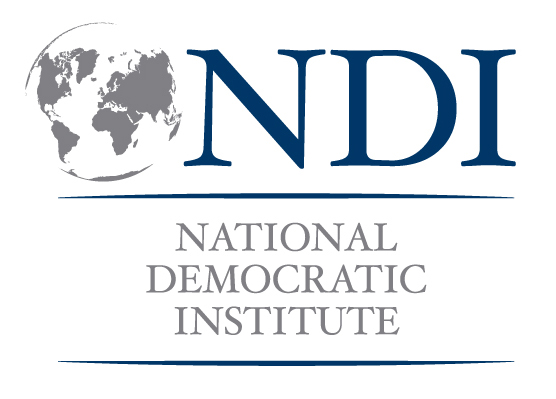
Poll results released today by the National Democratic Institute (NDI or the Institute) and CRRC Georgia reveal that Georgian citizens are bound together by a shared commitment to European and Euro-Atlantic integration.
According to NDI, the new survey, which was conducted before the European Commission’s November 8th decision, reaffirms the unwavering dedication of the Georgian people to European integration, with an impressive 79 percent expressing support for EU membership.
“Over the last year, public opinion trends show a significant increase in favor of political and economic cooperation with the EU. The survey shows that poverty and economic problems are identified as main contributors to a sense of insecurity – a finding that transcends party lines.
Although a plurality acknowledges improvement in healthcare, freedom of speech, and women’s rights and education, every second Georgian says the situation regarding poverty and crime has worsened. Further, one in ten Georgians can’t afford food, while one in four can only afford food, but nothing else.
This number is even more distressing in ethnic minority regions, where a quarter of residents reportedly struggle to provide food for their families. Georgians, irrespective of political affiliations, share a profound concern regarding the adverse impacts of emigration. 16 percent express intentions to emigrate, while the majority says they personally know someone who has already emigrated in the last 12 months. Low salaries and a dearth of job opportunities are cited as the primary driving factors behind this emigration trend.
The new poll reveals other priority areas which Georgian citizens – regardless of partisanship – care about, namely: education, healthcare, homeless animals, and mental health. The absolute majority says mental health services should be covered by the state insurance package. Further, homeless animals, particularly dogs, now take the spotlight as the number one local problem. The survey reveals an alarming increase in the severity of this issue since 2020. The majority (68 percent) – across all demographic groups – is concerned about this topic, especially in small cities and Tbilisi.
The majority consider poor quality of education as the leading problem facing the education system, while high cost of drugs and medical services are considered as leading problems in the healthcare system. The majority says that depression and anxiety is problematic for Georgian society, with almost every second Georgian (41 percent) saying they don’t know who to address for help,” the NDI press-release reads.
“The survey highlights a collective vision for a prosperous Georgia, with citizens expressing shared aspirations for economic growth and European future. Despite the polarization among politicians, the survey illuminates a common ground among citizens that transcends party lines. It is incumbent upon political leaders to prioritize the shared needs of the public, and collaborate in building a future that resonates with the collective vision of the people they serve.” – said NDI Georgia country director, Alan Gillam
Public disillusionment with parties continues – 62 percent of Georgians say none of the parties represent their interests. A breakdown by party support shows that every fifth GD supporter, almost every second opposition supporter, and the majority of undecided say none of the parties represent their interests. Further, the majority (53 percent) says MPs do not take into account opinions of people like them.
“Now, more than ever, there is a pressing need for politicians to attune themselves to the aspirations of the Georgian people. The survey findings serve as a poignant reminder that politics must rise above partisanship, embracing the collective heartbeat of a nation united in its dreams and shared challenges.” – said Alan Gillam.
The new report looks at a nationwide survey conducted between October 12-November 4, through face-to-face interviews with a nationwide representative sample of Georgia’s adult population, excluding occupied territories. The October poll included 2,068 completed interviews. The average margin of error is +/- 2.2 percent.





